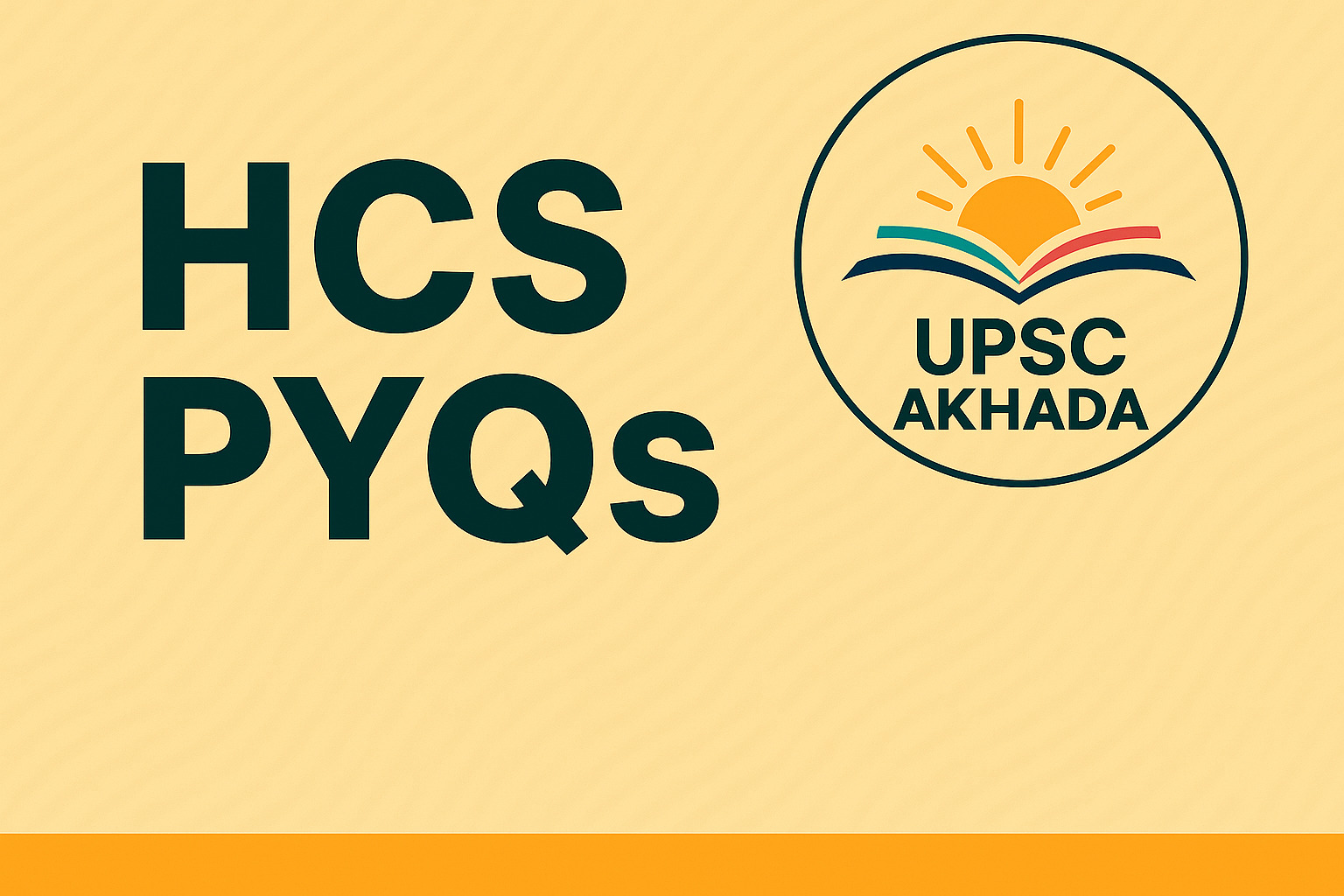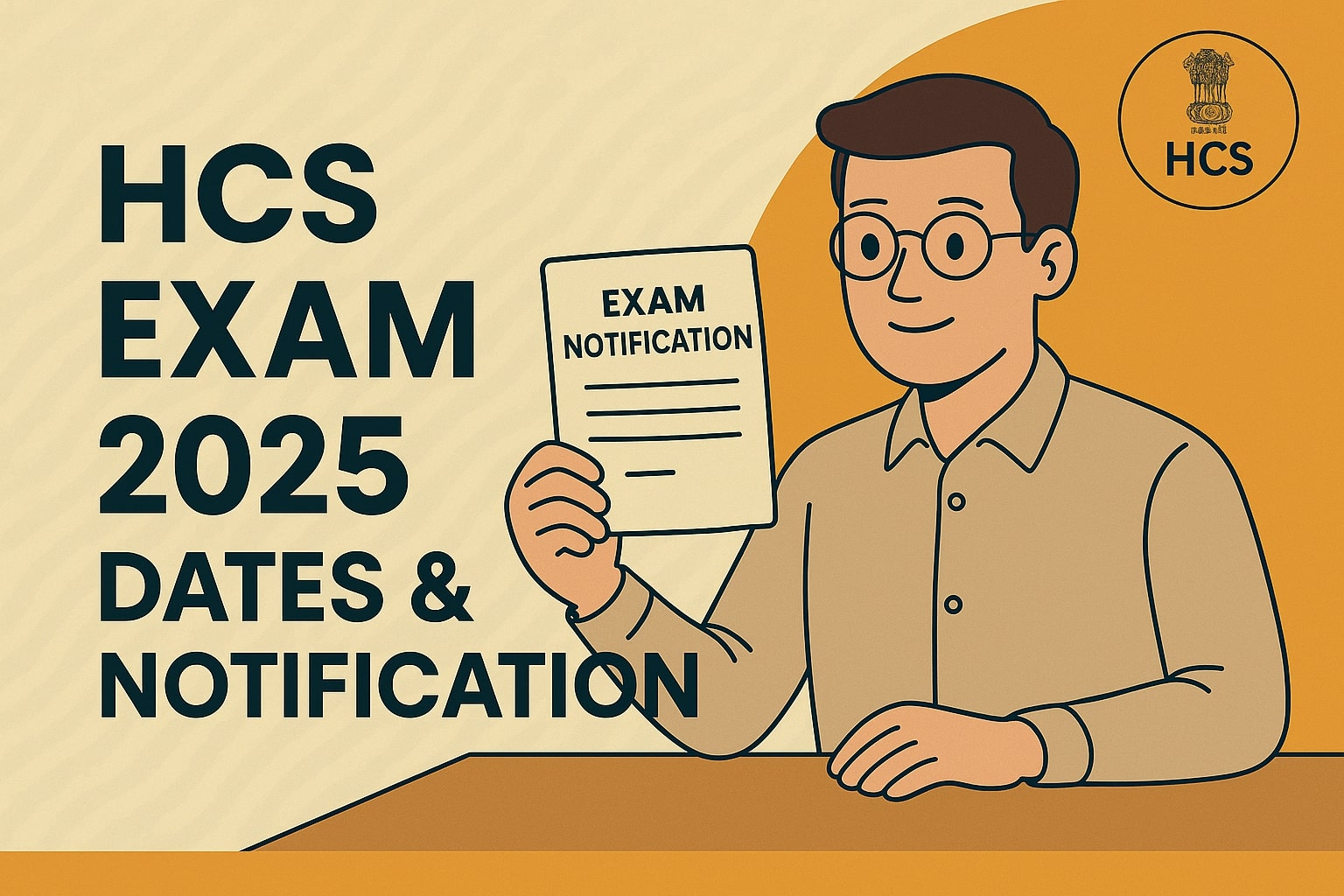
The UPSC full form is the Union Public Service Commission. It is one of the most prestigious constitutional bodies in India, responsible for conducting various examinations for recruitment into civil services, including IAS, IPS, and IFS. Understanding what is UPSC full form and its functioning is crucial for aspirants aiming to make a career in India’s administrative framework.
In this section, we will delve into what is UPSC full form, the IAS full form, IPS full form, the meaning of the UPSC exam, and provide a list of examinations conducted by UPSC.
What is the UPSC Exam Full Form and Meaning

The full form of UPSC is the Union Public Service Commission. Many folks confuse
It is an exam. Rather, it’s a constitutional body (Article 315 of the Constitution of India) that is also the central agency that conducts UPSC exams to three types of Central Services in India. These are the
- All India Services (IAS, IPS, and IFoS)
- Group A and
- Group B Central Services
The UPSC conducts Civil Services Exam in three stages – Preliminary, Mains, and Interview stage.
The UPSC ensures a fair and transparent selection process to uphold the integrity of the civil services. It is also responsible for framing recruitment rules and advising the government on personnel policies.
History and Origin of UPSC

The Union Public Service Commission in India was first introduced within the Indian Constitutional Reforms on the 5th of March, 1919. It was meant to oversee the proper functioning of matters related to the working of the officers. But, it was later in 1926 that the Public Service Commission was founded in India as a statutory body. The body consisted of 4 members including the Chairman. After the establishment of the Constitution of India on January 26, 1950, the commission ultimately came to be known as the Union Public Service Commission.
- The Union Public Service Commission was introduced on March 5, 1919, under the Indian Constitutional Reforms.
- Initially established to oversee matters related to the working of officers.
- In 1926, the Public Service Commission was founded in India as a statutory body.
- It initially consisted of 4 members, including the Chairman.
- On January 26, 1950, after the Constitution of India came into effect, it was renamed the Union Public Service Commission (UPSC).
Composition of UPSC

Generally, the Union Public Service Commission consists of a Chairman and 9 to 10 other members. The President of India appoints them and therefore the strength of the UPSC has not been specified by the constitution. So, it is in the hands of the President to choose the members as well as determine the conditions of service. Also, at least one-half of the UPSC members should have held office under the Centre or State for a minimum of 10 years.
Members of UPSC
A chairman along with other members form the UPSC body which is answerable for various matters associated with the proper functioning of the government services.
Current Chairperson and Members of UPSC (As on 01/08/2024):
- Chairperson: Mrs. Preeti Sudan
- Member: Lt. Gen. Raj Shukla (Retd.)
- Member: Ms. Suman Sharma
- Member: Sh. Bidyut Behari Swain
- Member: Dr. Dinesh Dasa
- Member: Shri Sheel Vardhan Singh
- Member: Shri Sanjay Verma
Term of UPSC Chairman and also Its members
The Chairman and also the members hold office for six years or up to 65 years of age, whichever is attained earlier. But, they are able to resign at any point of time by addressing the President.
What is IAS Full Form?

One of the most well known and prestigious services under UPSC is the IAS. The IAS full form is Indian Administrative Service. IAS officers play a vital role in policy formulation, implementation, and administration at the central, state, and district levels.
What is IPS Full Form?
The IPS full form is Indian Police Service. IPS officers are responsible for maintaining public order, crime prevention, and managing police forces across the country. This service, like IAS, is recruited through the UPSC Civil Services Examination (CSE).
Difference Between UPSC and IAS
It’s important to distinguish between UPSC and IAS. Here’s a clear comparison:
| Aspect | UPSC | IAS |
| Full Form | Union Public Service Commission | Indian Administrative Service |
| Role | Conducts exams for various civil services, including IAS | A service recruited through UPSC’s Civil Services Examination |
| Function | Responsible for recruiting officers for several services in the government | Takes charge of the country’s administrative functions at different levels |
| Examinations | Conducts exams for IAS, IPS, IFS, CDS, etc. | Part of the recruitment process through UPSC civil services examination (CSE). |
List of Examinations Conducted by UPSC
The UPSC conducts a wide range of examinations. Here is a list of examinations conducted by the Union Public Service Commission (UPSC):
1. Civil Services Examinations (CSE)
- Civil Services Examination (Preliminary and Main)
2. Defence Services Examinations
- National Defence Academy (NDA) and Naval Academy (NA) Examination (I & II)
- Combined Defence Services (CDS) Examination (I & II)
- Central Armed Police Forces (CAPF) (Assistant Commandants) Examination
3. Engineering Services Examinations
- Engineering Services Examination (Preliminary and Main)
4. Medical Services Examinations
- Combined Medical Services (CMS) Examination
5. Economic and Statistical Services Examinations
- Indian Economic Service (IES) Examination
- Indian Statistical Service (ISS) Examination
6. Forest Services Examinations
- Indian Forest Service (IFS) Examination (Preliminary and Main)
7. Geo-Scientist and Geologist Examinations
- Combined Geo-Scientist Examination (Preliminary and Main)
8. Limited Departmental Competitive Examinations (LDCE)
- CISF AC (EXE) LDCE Examination
- Combined SO (Grade B) LDC Examination
- SO-Steno (GD-B-GD-I) LDCE
9. Specialized Examinations
- CBI (DSP) LDCE Examination
Power and Functions of UPSC (Union Public Service Commission)
The full form of UPSC is the Union Public Service Commission. UPSC functions with autonomy and under article 320 of the constitution, it has many functions. Besides, The UPSC is consulted on matters relating to different UPSC exams and recruitments to the posts under the Centre and State. The role and importance of UPSC can be seen in the following:
Conducting Various Group A and Group B Examinations
The UPSC is responsible for conducting UPSC exams also called UPSC-CSE to the Central Services. Every year, lakhs of students appear in this exam to become IAS/IPS/IFS officers. Also, the UPSC releases notification every year and candidates can apply for the exam online.
Appointment of Officers in Services
UPSC appoints various officers through promotion or deputation in different areas of the country. The work is scrutinized and officers are allotted promotion on the basis of their performance. For example, if you perform exceptionally well, you will be awarded promotions without delay and will be able to reach a higher position soon in your career.
Formulating Recruitment Rules
The UPSC proposes and amends rules for various services under the Government of India. Moreover, it has the authority to take action on recruitment rules and establish them for better functioning of the hiring process.
Facilitating Lateral Entry
The UPSC has the authority to appoint officers through interviews. This is a method of direct selection. For instance, officers just have to sit for the interview and not any physical examination.
Taking Disciplinary Actions
UPSC has the power to take action when the staff does not work according to the rules. UPSC thus acts as a governing body and a caretaker of the government by maintaining discipline.
Advisory Role to the Government
When the President of India asks the UPSC to provide advice to the government, it fulfills the role of an advisor too. Because certain matters need special brainstorming, the Union Public Service Commission offers assistance in solving those matters.
UPSC Role Under Article 315
- According to Article 315 of the Indian Constitution, the UPSC is to conduct exams to appoint candidates to different Central Services.
- The UPSC also assists the States to implement plans and schemes. It further advises and supports services requiring a special recruitment process.
- The UPSC also acts in accordance with the Governor of any State with the consent of the President of India.
- The UPSC provides consultation regarding legal matters, interim appointments exceeding one year as well as personnel management, etc. But, these consultations are advisory and not binding in nature.
Significance of UPSC in India
The Union Public Service Commission holds immense significance as it ensures the recruitment of meritorious and capable individuals for key positions in the country. Through its rigorous examination process, it selects candidates with the skills and dedication to serve the nation efficiently.
Moreover, understanding what the Union Public Service Commission is essential for those preparing for these exams, as it builds a foundation for their preparation strategy.
Preparation Tips for UPSC Aspirants
Preparing for the UPSC exam requires dedication, proper guidance, and a thorough understanding of its syllabus and requirements. Here are some tips:
- Familiarize yourself with the UPSC exam meaning and structure.
- Read NCERT books and standard reference materials.
- Practice previous years’ question papers.
- Stay updated with current affairs.
- Enroll in mock tests to assess your preparation.
Conclusion
In conclusion, the UPSC full form, or Union Public Service Commission, is a cornerstone of India’s governance framework. Whether you aspire to become an IAS, IPS, or other officer, understanding the UPSC exam full form, IAS full form, and the list of examinations conducted by UPSC is the first step toward achieving your goal.
Start your journey today, and with consistent efforts, you can secure a coveted position through the Union Public Service Commission.
UPSC Full Form FAQs
What is the full form of UPSC?
The full form of UPSC is the Union Public Service Commission. It is a constitutional body responsible for conducting various recruitment examinations for All India Services, Group A, and Group B Central Services.
What is the difference between UPSC and IAS?
UPSC refers to the Union Public Service Commission, which conducts exams like the Civil Services Examination (CSE). IAS, or Indian Administrative Service, is a prestigious service recruited through the UPSC CSE.
Which exams are conducted by UPSC?
UPSC conducts numerous exams, including the Civil Services Exam (IAS, IPS, IFS), NDA, CDS, CAPF, Indian Engineering Services, Indian Economic Service, and more.
What is the eligibility to apply for UPSC exams?
Eligibility varies by exam, but for the Civil Services Exam, candidates must hold a bachelor’s degree and meet age criteria (21-32 years for general category, with relaxations for reserved categories).
Why is UPSC important in India?
UPSC ensures the recruitment of capable individuals for key administrative, police, and diplomatic roles in India. It maintains the integrity of the selection process and advises the government on personnel matters.













